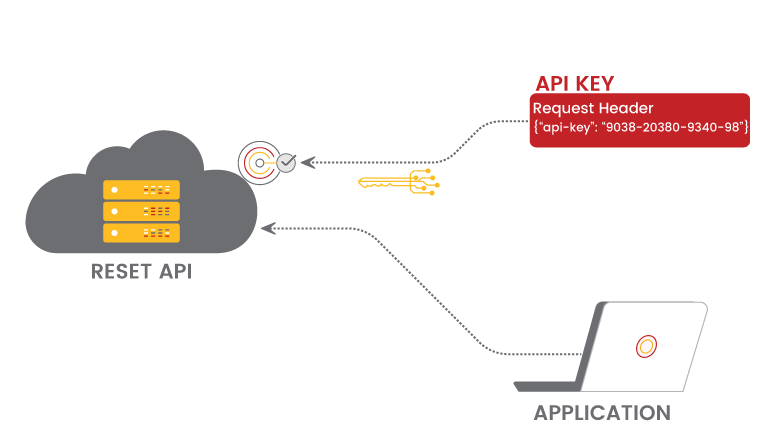API testing is an important aspect of software development. Without proper testing, APIs can fail, leading to application errors. Testing APIs is about verifying their functionality and ensuring security, reliability, and smooth integration. In this article, we will discuss the process of API testing and discuss its importance for building robust and secure applications.
How Is API Testing Conducted?
Let’s explore how API testing is conducted to help developers ensure reliable performance in their software systems.
1. Review API Documentation
API documentation provides detailed information about how the API works. It includes endpoints, methods, and parameters. Reviewing this documentation helps testers understand the expected input and output, which is critical for effective testing.
2. Set Up the Testing Environment
A proper test environment that mimics the production environment is essential. This setup ensures that the API behaves as it would in real-world scenarios. Any inconsistency in the test environment can lead to unreliable results.
3. Select the Right Testing Tools
Testing tools like Postman, SoapUI, and JMeter simplify API testing. These tools help testers evaluate functionality, check performance under different loads, and identify security gaps.
4. Write and Execute Test Cases
Testers design test cases to cover all possible scenarios, including normal usage and edge cases. These tests validate the API’s functionality and ability to handle unexpected inputs or conditions.
5. Analyze and Report Test Results
Analyzing the test results helps identify errors or inconsistencies in the API. Reporting these issues to the development team ensures timely resolution.
Why Is API Testing Important?
The significance of API testing lies in its ability to enhance application performance, security, and user satisfaction.
Ensures API Functionality
Testing ensures that APIs perform their intended tasks correctly, regardless of the scenario. It identifies errors before they reach end-users, giving a seamless experience.
Enhances Security
APIs are often gateways to sensitive data. Testing helps identify vulnerabilities, such as unauthorized access or data breaches and ensures the API complies with security standards.
Improves Performance and Scalability
Performance testing evaluates how well an API handles different levels of load. This ensures that the API remains stable and responsive, even during peak traffic.
Facilitates Smooth Integration
APIs are key to integrating various software systems. Testing confirms that these connections work smoothly, avoiding system failures and compatibility issues.
Reduces Costs in the Long Run
Detecting and resolving issues early during API testing reduces the risk of costly errors or downtime in production.
Conclusion
API testing is a vital part of software development, ensuring APIs function as intended while maintaining high standards of performance and security. By thoroughly testing APIs, developers can identify and resolve issues early, improve application reliability, and secure user data. Proper tools, a controlled environment, and a structured approach can make this process more effective. Investing in API testing saves time, reduces costs, and ensures seamless software performance.








